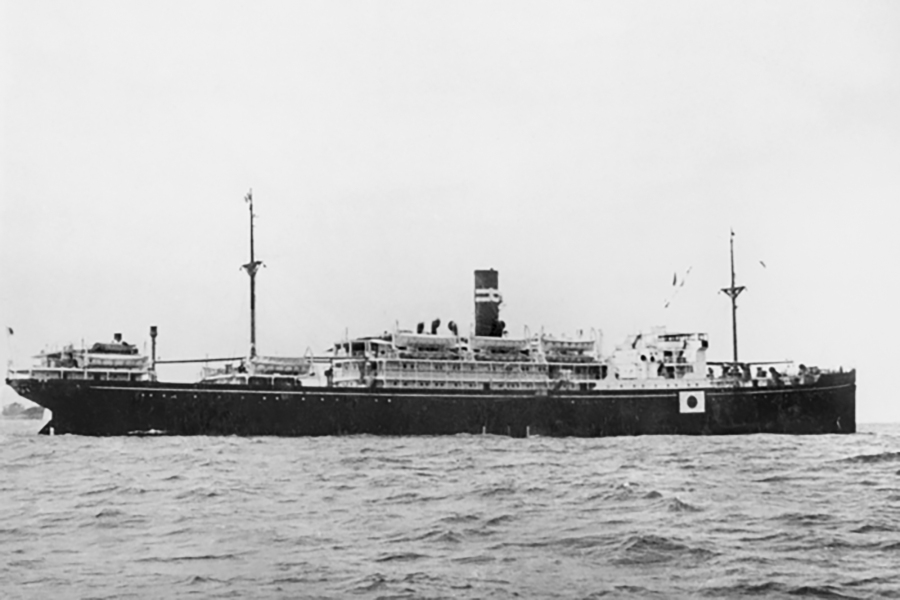SYDNEY — A team of explorers announced it found a sunken Japanese ship that was transporting Allied prisoners of war when it was torpedoed off the coast of the Philippines in 1942, resulting in Australia’s largest maritime wartime loss. A total of 1,080 people died.
The wreck of the Montevideo Maru was located after a 12-day search at a depth of over 13,120 feet — deeper than the Titanic — off Luzon island in the South China Sea, using an autonomous underwater vehicle.
There will be no efforts to remove artifacts or human remains out of respect for the families of those who died, said a statement Saturday from the Sydney-based Silentworld Foundation, a not-for-profit dedicated to maritime archaeology and history. It took part in the mission together with Dutch deep-sea survey specialists Fugro and Australia’s Defense Department.
“The extraordinary effort behind this discovery speaks for the enduring truth of Australia’s solemn national promise to always remember and honour those who served our country,” Australian Prime Minister Anthony Albanese said. “This is the heart and the spirit of Lest We Forget.”




